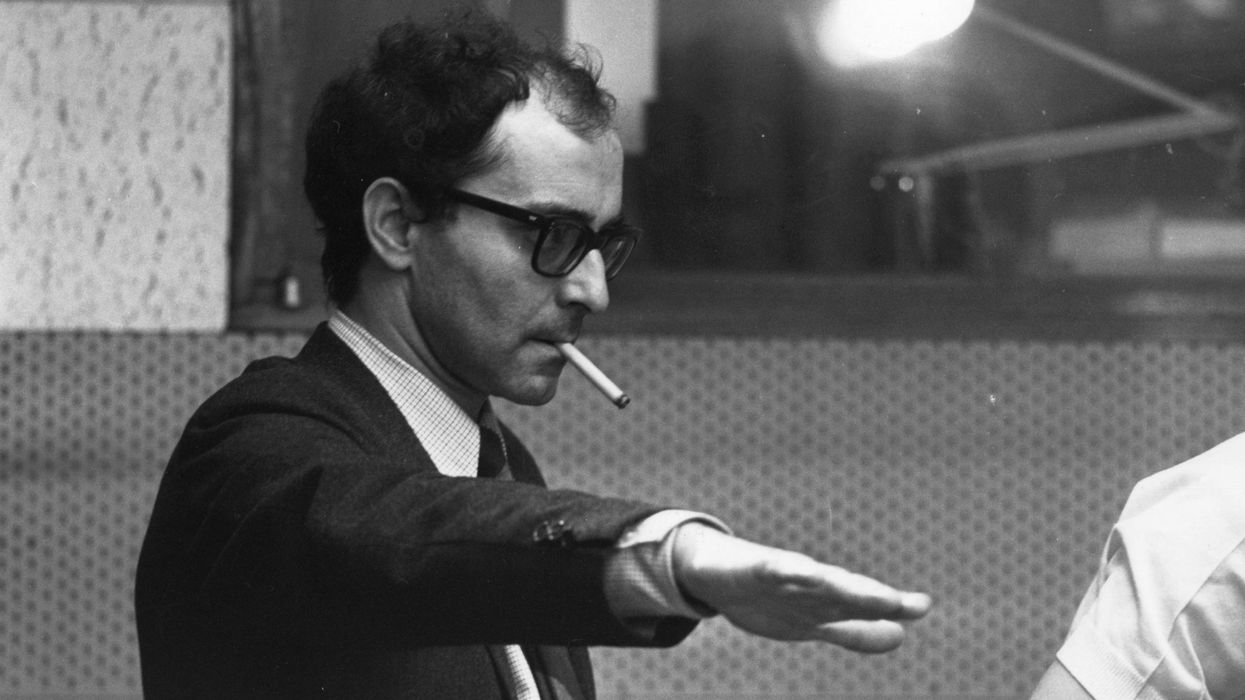Why Jean-Luc Godard Was So Important to Cinema
We lost one of cinema's great artists today.

When the jump cut first appeared in Jean-Luc Godard's Breathless, people thought the edit was a mistake. Then, after realizing they were a brand new editing technique, they were amazed. That's who Godard was, someone who seemingly effortlessly helped the art of cinema leap forward.
If there was a rule of cinema, Godard broke it. He didn't believe in the fourth wall. He mixed snobby topics with the urbane. And Godard never shied away from sharing his opinions far and wide.
Godard ushered in the modern era of cinema by being one of the pioneers of the French New Wave. This movement not only changed the way film was seen around the world, but it shrunk the globe. People began to seek out cinema from other countries. To study it, talk about it, and celebrate it.
His career began as a critic, writing for Cahiers du Cinéma and then making lower-budget movies. In the 1960s, after Breathless, Godard made a dozen more movies that helped solidify a new look and feel of movies. He experimented with different genres, styles, and forms of storytelling. He was the kind of guy who could make a musical like A Woman Is a Woman (1961) and follow it up with a drama about a sex worker like Vivre Sa Vie (1962), and round out the decade with a deconstructed road movie like Week-end (1967).
His career continued with anti-Vietnam War movies and documentaries. He produced and directed the 626-minute project entitled Histoire(s) du cinema, which contained important archive footage he meticulously put together to teach people about the history of the filmic medium.
As he passes away at the ripe old age of 91, I think the most important part of his legacy is the fact that he never stopped working. He never stopped exploring what a film could be. Godard directed nearly 70 features, documentaries, shorts, and works for television. He worked with 3D, camera phones, and constantly examined what it meant to be a filmmaker. The medium was in flux, and his movies examined not only their own stories but the way those stories could be told for an audience.
After all, as Godard famously once said, "All you need for a movie is a girl and a gun."
Rest in peace.











